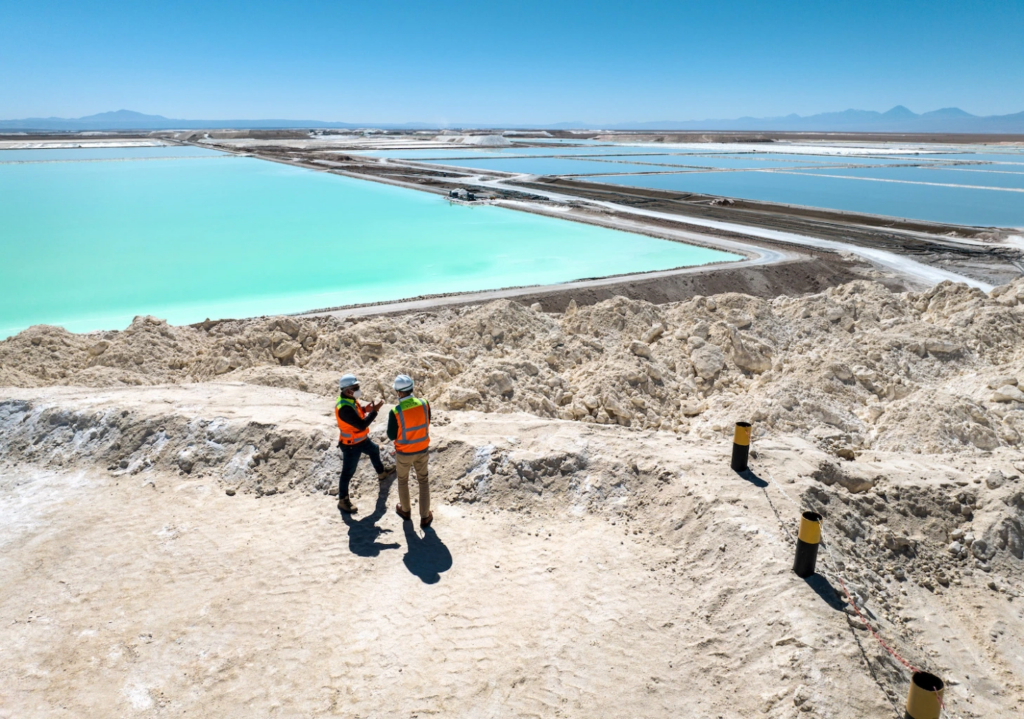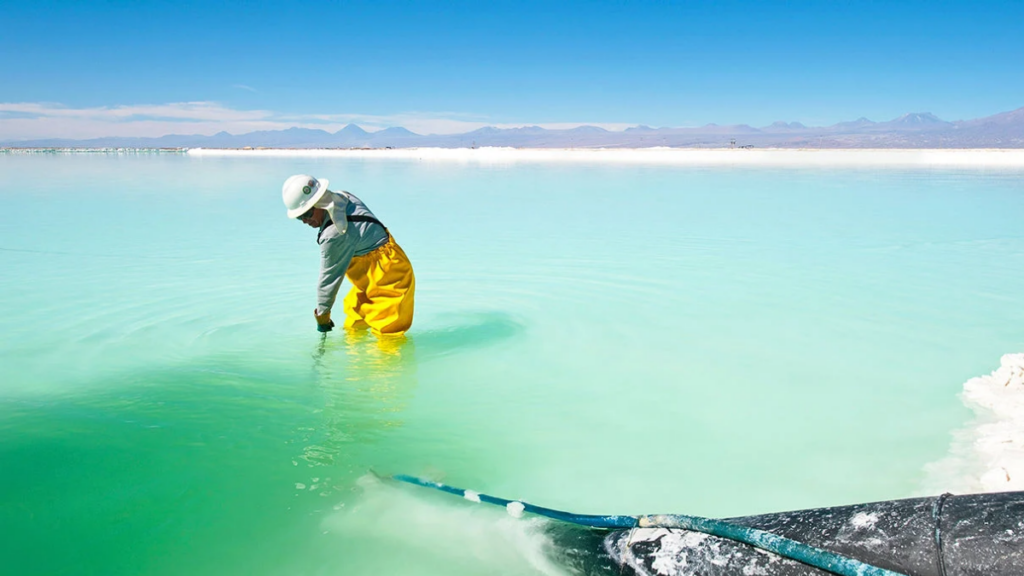
Created by Getty Images
Courtesy of ENERGYminute
See more articles and infographics from ENERGYminute HERE
Those big, beautiful evaporation ponds in the Atacama Desert are getting new owners: the government.
What happened: Last week, Chilean President Gabriel Boric announced the country was nationalizing its lithium industry. The plan isn’t for sweeping change all at once, but instead to transfer control of Chile’s existing mines from miners SQM and Albemarle to a state-owned organization.
- Behind Australia, Chile is the second largest producer of the critical mineral and holds the largest lithium reserves globally. The International Energy Agency sees the demand for lithium growing more than 40x by 2040 to help reach net-zero targets.
This is a big move for the new president
Gabrial Boric, elected to be Chile’s president over a year ago, is just 37 years of age – younger than even some of our *ahem* wiser writers. So, an avocado-toast-loving millennial.
- He is the leader of the Social Convergence, a left-wing political party.
The plan: President Boric is looking to shift how lithium is produced and who benefits from it.
Lithium in Chile is currently produced using massive evaporation ponds in the Atacama Desert. While beautiful, the practice is frowned upon by environmentalists and local Indigenous groups. Under the president’s new plan, production will gradually shift to a method known as direct lithium etraction (DLE) that uses membranes, catalysts, and other impressive-sounding technologies to extract the mineral from a brine.
- While DLE is promising, it is still an emerging tech that has yet to be proven commercially and repeatedly at scale.

Courtesy of The Economist
Support local: The president said he is hoping to enrich the local Indigenous communities. “How is it possible that the people that live in the regions that produce the country’s greatest wealth are at the same time the poorest in the country?” President Boric asked Al Jazeera.
But nationalization could spell trouble
Many economists view nationalization as the kiss of commercial death. Next door in Bolivia, another country with vast reserves, the government nationalized its own lithium industry and basically stagnated its development for nearly 20 years.
- Given the importance of lithium for electric vehicles and other key energy transition technologies, any risk to the supply of the second largest produceing country is concerning.
Zoom out: As the demand for critical minerals heats up, developing countries are starting to play defence and protecting their natural resources. Earlier this year, Mexico also nationalized its lithium industry while Indonesia banned the export of its nickel ore back in 2022.
Share This:




 CDN NEWS |
CDN NEWS |  US NEWS
US NEWS 





























COMMENTARY: Trump’s Big Bill Shrinks America’s Energy Future – Cyran